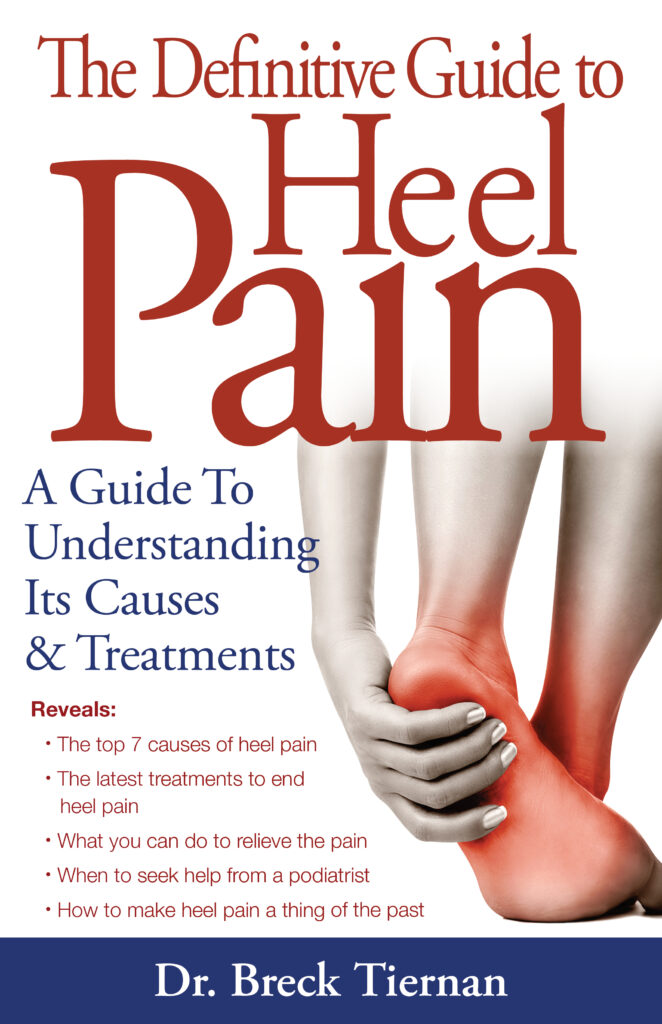Heel Pain
Helping you eliminate your heel pain through our state of the art facilities so you can get out of bed in the morning with no fear of pain.
Heel pain can present itself as a persistent ache that will not go away or as a jolting pain that periodically shoots up your leg. It can interfere with your quality of life and keep you from doing the activities that you love.
What Causes Heel Pain?
There are multiple underlying causes of heel pain, but most causes can be categorized into three categories:
- Plantar fasciitis: the inflammation of a thick fibrous tissue that runs from your heel bone to your toes along the bottom of your foot, known as the plantar fascia.
- Marrow Edema/Stress Reaction: if the heel bone is inflamed or bruised due to sudden trauma or repetitive microtrauma, this causes marrow edema.
- Tarsal tunnel syndrome: the tibial nerve (located in the ankle) gets compressed and, over time, the compression irritates the nerve and causes it to swell. This condition is common in people with flat feet or who overpronate.
If your heel pain is posterior, then it is likely:
- Achilles tendinitis: happens when the Achilles tendon becomes inflamed caused by overuse.
- Calcaneal Apophysitis (Sever’s Disease): usually occurs in active children with immature skeletons. Overuse causes inflammation of the growth plate.
- Haglund’s Deformity: also known as pump bump, Haglund’s deformity is a bony protrusion on the back of the heel often caused by wearing shoes with rigid backs, like high heels and dress shoes.
- Adventitious Bursa (Bursitis): caused by repetitive use. A bursa, or fluid-filled sack, develops to reduce friction between the tendons and joints.
If you would like to get a more in-depth look and a better understanding of what causes heel pain, download our free guide. This guide will help you to learn more about the causes of heel pain that may be affecting your life, and how you can take care of the problem.
How to Treat Heel Pain?
The best treatment for your heel pain depends on the underlying condition. Sudden heel pain is often treated with a reduction in activity, rest, icing, and pain medication.
However, persistent heel pain may require other treatment options, such as:
- Stretching [Click Here for Our Stretching PDF]
- Ice
- NSAIDs
- OTC inserts
- Steroid injections
- Connective tissue/amniotic injection
- Extracorporeal shockwave therapy (EPAT therapy)
- Custom orthotics
- Night splint
- Aquaroll therapy
- MLS laser therapy
- Physical therapy
After an examination, we will suggest appropriate treatment options to alleviate your heel pain.
Contact Us Today to Discover and Treat the Underlying Causes of Your Heel Pain
If heel pain is impacting your day-to-day life, contact Advanced Foot & Ankle Centers of Illinois to request an appointment. Our amazing team of podiatrists will work with you to figure out the main cause of your heel pain, and then set the best path of treatment for your situation.
Contact us through our website to get started and request your appointment today!

